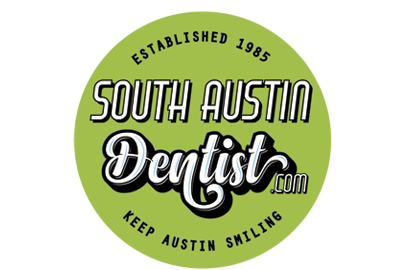The fact that tobacco causes cancer may come as no shock to most people. While tobacco is derived from a plant, by the time it hits store shelves it contains thousands of additional chemicals, some of which may surprise and disturb you. Dental professionals know well that tobacco, whether smoked or chewed, can be a major contributing factor to some of the most destructive oral health issues, including severe periodontitis (advanced gum disease) and oral cancer. In fact, scientists from the Masonic Cancer Center of the University of Minnesota in Minneapolis have identified the main culprit in smokeless tobacco that causes oral cancer. Austin dentist, Dr. Steven Van Wicklen, explains the research and how scientists were able to pinpoint the carcinogenic.
How Serious is Oral Cancer?
Although oral cancer is typically one of the lesser-discussed cancers, it is newly- diagnosed in about 40,000 people every year. Oral cancer also claims the lives of over 8,000 people yearly, equaling roughly one person every hour of every day. Five years after diagnosis, only about 57% of oral cancer patients are still alive, due mainly to late detection. It is deadlier than many of the more discussed cancers, such as cervical, skin, and breast cancers. While many factors can contribute to oral cancer’s development, tobacco remains its number one risk factor. Now, the study from the University of Minnesota has pinpointed the specific chemical in smokeless tobacco that causes oral cancer.
What’s in Your Tobacco?
Some people are under the impression that the only danger from tobacco lies in its smoke, so chewing it is a much healthier choice. The truth, however, is that the chemicals in smokeless tobacco should make people stay as far away from it as possible. These ingredients include formaldehyde, whose main purpose is embalming cadavers; cadmium, like that found in batteries and nuclear reactor shields; polonium 210, which is actually nuclear waste; and nicotine, which is an addictive drug. Adding to that list is the chemical (S)-N’-nitrosonornicotine, or (S)-NNN, which researchers now know induces oral cancer. During the experiment, every test subject (rat) that was introduced to the chemical developed malignant oral tumors and died. If smokeless tobacco use cannot be stopped, the researchers hope that identifying this cancer-causing chemical will help reduce tobacco users’ risk of oral cancer.
If you would like to learn more about oral cancer or tobacco-use cessation, contact your Austin dentist. You can schedule an appointment with Dr. Van Wicklen by calling 512-448-3131. Located in the 78704 area, we proudly serve the cities of Austin, Round Rock, Pflugerville, Bastrop, Bee Cave, Cedar Park, and all surrounding communities.






